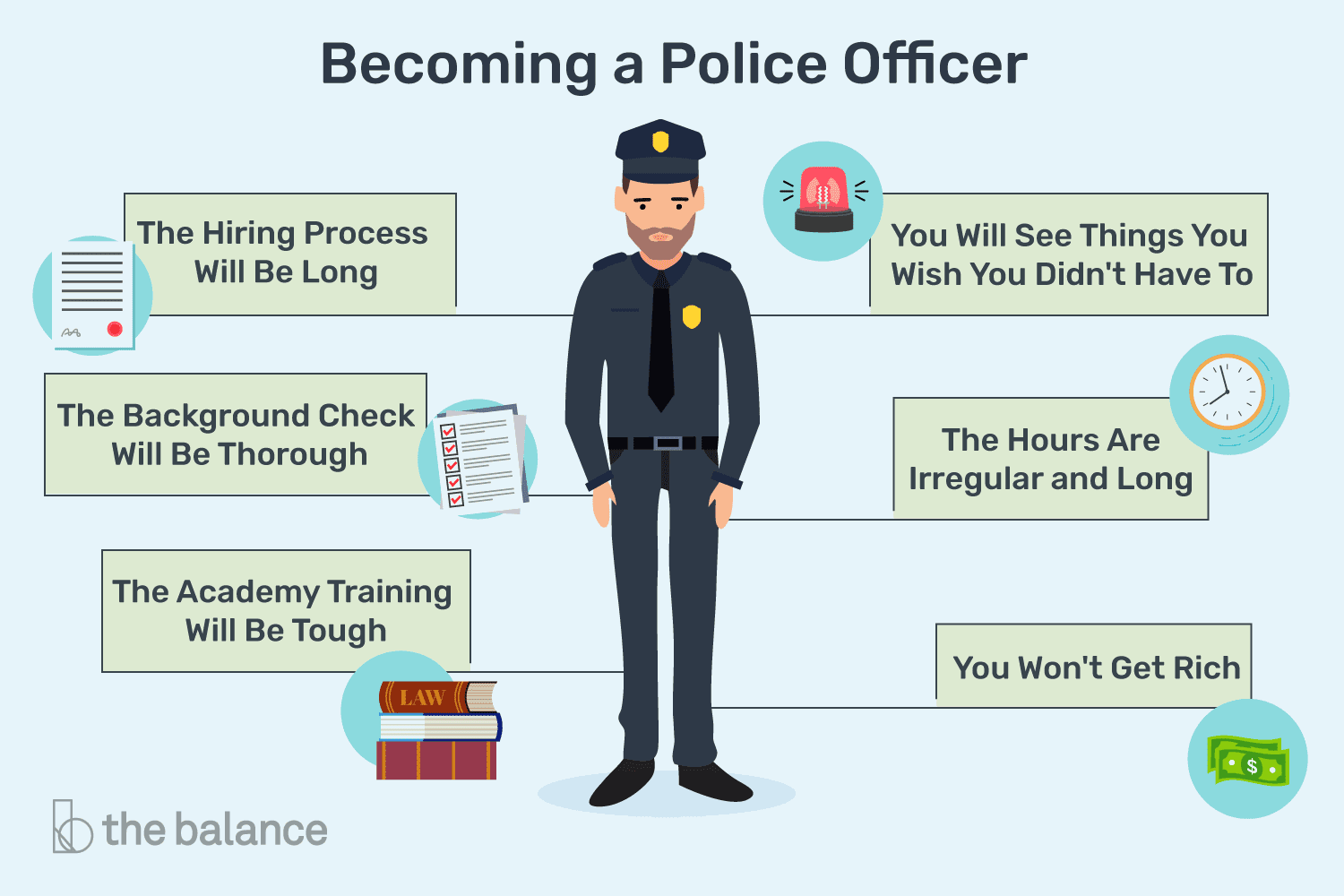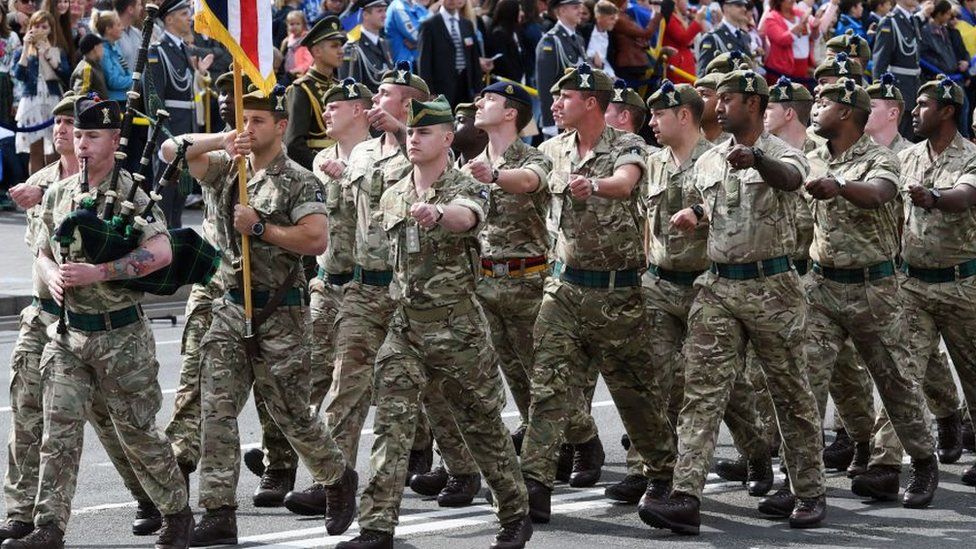Armed Forces/Police Force


Armed Forces
The armed forces offer a wealth of opportunities to people who want to start work and gain qualifications and experience along the way, whether you have a degree, A levels or equivalent, GCSEs or no qualifications at all. There is a broad range of specialisms you can apply for, including technical, engineering, medical, logistics and personnel support roles.
You can join the Army, Royal Navy, Royal Marines, Royal Air Force or you may wish to join the Reserved Forces on a part time basis.
Police Force
Today’s police force offers a wider range of career choices, with more and more frontline crime fighting operational roles not requiring you to be a serving police officer.
All the following roles contribute to the police service’s stated aim to both reduce crime and the fear of crime. In addition, they offer stimulating career prospects and training opportunities. Here are summaries of ‘headline roles’ for both serving and retired officers, and for career movers currently outside the police:
- Police Officers – specialist roles, gaining a promotion or joining up
- Police Community Support Officer
- Specials
- Scenes of Crime Investigators
- Fingerprint Officer
- Civilian Investigation Officers (CIOs)
- Police Intelligence
- Crime Analysts
- Computer Forensics Investigator
- Communications Officers
- Command and Dispatch Roles
- Prosecution File Preparation Officers
- Detention Officer
- Human Resources
- Police Lawyer
Police Force
This free course, from the Open University, focuses on communication in the context of policing within the community. It looks at communication skills and specifically looks at how to build rapport and get the most out of conversations in community settings. Click the button below to access the course:
Communication in the Police ForceClick on the link below if you would like to take part in virtual Work Experience with the Police Force:
Police Force Work Experience
Forensic Science and Fingerprints
This free course, Forensic Science and Fingerprints, has been produced by the Open University: it covers how science can make fingerprints easier to study, how they are used in court and some of the questions about the extent to which fingerprint identification is sound and scientific. Students will learn the principles used in classifying and matching fingerprints (often called marks). Click the button to access this course:
Forensic Science and Fingerprints
